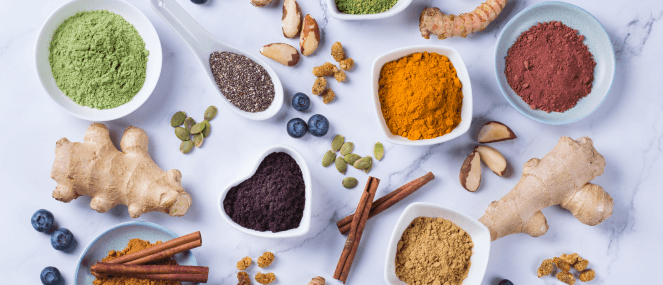Who hasn’t experienced caffeine jitters during exam time?
The exhaustion that comes from studying too hard is one thing. But the bloated, unnatural feeling of having downed too many coffees and sweets is quite another.
That’s why students could do well to heed the growing evidence that natural, nutrient-rich foods such as fresh fish, fruit and vegetables are more likely to drive their concentration skills further.
Proof in the pudding
In a recent study of 500 high school students by the UK’s School Food Trust, 79 per cent were more likely to reach for unhealthy snacks, such as chocolate and fizzy drinks, than to eat healthy meals. Many skipped meals to make time for their studies. Yet most students knew that eating badly could affect their academic performance.
Boost your concentration the natural way
Quick and nutritious eating is easy, provided your household is organised and shops ahead of time.
Start your healthy habits well before exam time, says Blackmores advisory naturopath Carl Gagnon. “Don’t wait until the last minute, as most nutrients and herbal medicines take time to provide benefit.”
Breakfast – Eating breakfast has been proven in studies all over the world to improve concentration powers in class.
Tip: Pushed for time? Whip up some instant oats with banana or baked beans on wholegrain toast, and eat while going over your notes or that day’s news headlines.
Water – “When we get dehydrated it affects our concentration. Then we think we’re hungry, so we end up snacking instead,” says Brisbane-based dietician, Julie Gilbert.
Tip: “Keep a bottle of water at your desk, and drink water with each meal,” Gilbe advises. Add flavour (and night-time comfort!) by hydrating with herbal teas – ginseng and ginger tea are invigorating yet calming.
Whole grains – “Whole grains contain lots of omega-6 essential fatty acids and B-group vitamins. When you’re stressed, your body depletes B vitamins quite quickly,” says Blackmores naturopath Despina Lord.
Tip: Prepare a healthy lunch at night, when you’re too tired to study anymore but too wired to sleep. That way you can just grab and go in the morning.
Fresh fruit and vegetables – “These will provide the vitamins and minerals necessary to release energy from food, and the fibre needed to help stabilise blood sugar levels and keep you energised,” says Gilbert.
Tip: “Don’t snack at your desk, even if you’re eating healthy fruit or nuts. Leave your study room and focus on the break instead,” Gilbert advises.
Lean protein – “Foods high in protein tend to contain lots of other important minerals and nutrients, such as iron, zinc and omega-3 essential fatty acids,” says Lord. Protein helps our bodies to balance blood sugar levels, and maintain concentration evenly in doing so.
Tip: “Make sure to serve yourself individualised portions, or you’ll end up overeating,” suggests Gilbert.
Fish – Try to eat three serves per week of oily fish, like mackerel, salmon or tuna, to ensure you’re getting enough omega-3 fatty acids. “Omega-3s line the myelin sheaths of the brain, which enables faster transmission of information,” says Lord.
Tip: Consider taking a multivitamin that contains omega-3s and other ‘brain food’.
Food as fuel, not comfort
“Try not to turn to food for comfort – you could risk setting up a bad habit for the rest of your life,” says Gilbert. If exam pressure is getting you down, play some soft music or go for a walk around the block instead, she advises.
Did you know?
- Eating breakfast has been proven in studies the world over to boost academic performance in comparable schools?
- You can feel hungry simply by being dehydrated? Make sure to keep sipping that water!
- Nutrients such as protein and fibre keep your blood sugar levels stable, so they’re great for building long-term concentration powers.
References available on request






